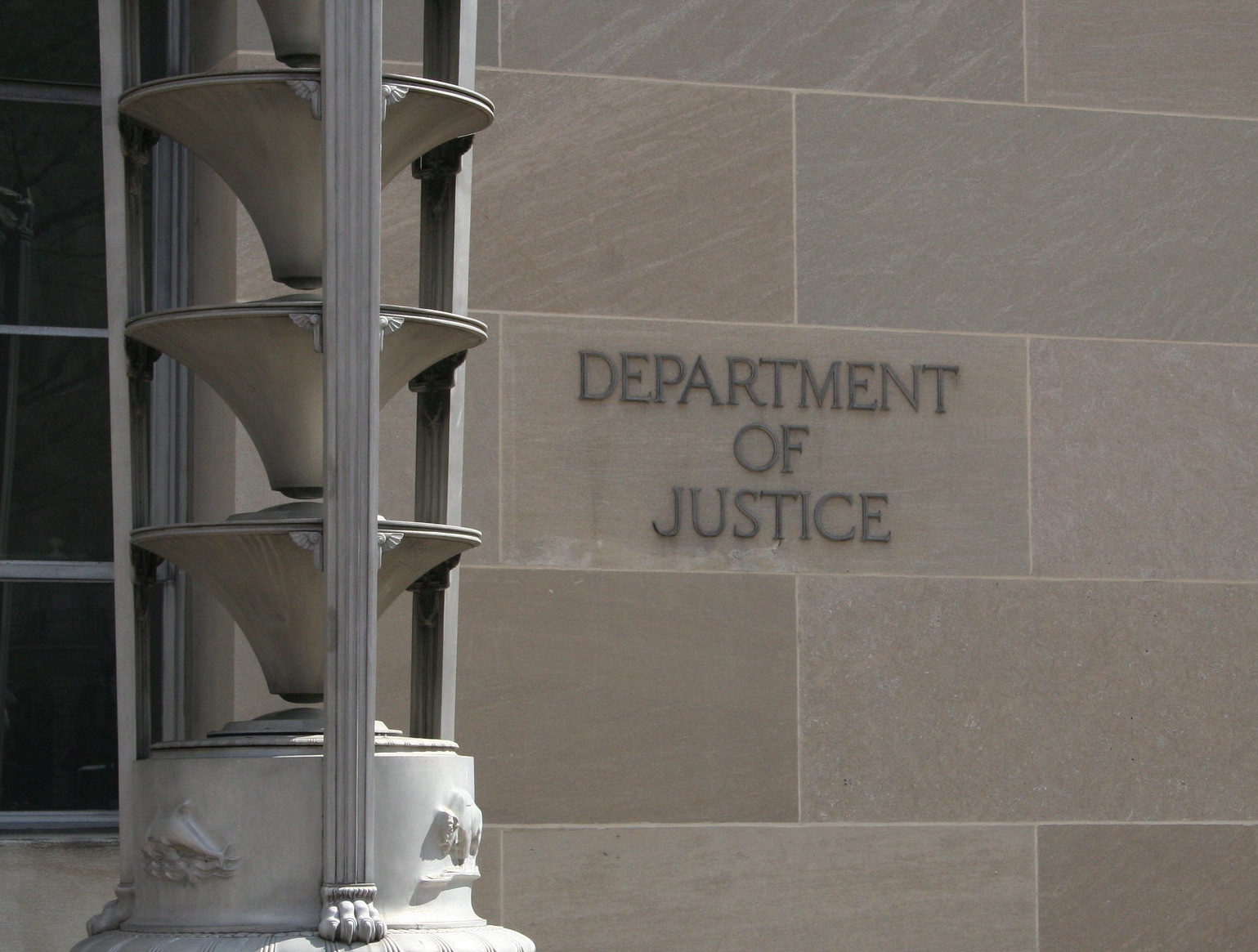DOJ news media guidelines notice requirement is a critical protection for news media

Responding to popular uproar over an unprecedented wave of federal efforts in the late 1960s and early 1970s to force journalists to disclose their sources, the Justice Department enacted a set of internal policies governing when and how it can investigate the press.
One of the most important features of these news media guidelines, codified at 28 C.F.R. § 50.10, is the requirement that the department notify the affected members of the news media of a third-party search warrant, court order, or subpoena. This requirement ensures that journalists whose communications or records are seized as part of an investigation are informed of that seizure immediately. In limited circumstances, the guidelines permit the department to delay notification for 45 days with only one 45-day extension.
This 90-day “hard backstop” is a critical protection for the news media. Without it, particularly with respect to electronic materials, an affected journalist may never find out his or her communication content or records have been seized by the government. Such seizures could compromise the identities of numerous confidential sources, including those with no connection to the activity under investigation.
For example, the laws authorizing the seizure of non-content communication records typically do not require any notice to the affected person, and for content — emails, texts, and voicemails — courts often consider the delivery of a copy of a warrant to the third-party provider as satisfying the notice requirement. These records or content demands can also come with a broad gag order that prevents the third party from notifying its customers of the request.
With respect to physical searches, the statute that authorizes a “sneak and peak” warrant (with which law enforcement can covertly break into and search the target premises) permits delayed notice that can be extended for a significant period, and potentially indefinitely.
Accordingly, the 90-day backstop is an indispensable safeguard for confidential reporter-source relationships, as it guarantees that a reporter or news organization will learn at some point that the government is scrutinizing its communications or records. While such a hard backstop is unique to the news media guidelines, it’s warranted in the case of the press, which relies on assurances of confidentiality to encourage sources to come forward.
Substantial revisions to the guidelines were made, first in 1980 and then in 2014-2015, as a result of a public outcry following a number of publicized instances of overreach against the press. The guidelines’ notice requirement serves to discourage overreach, helping prevent future controversies. If prosecutors know that an affected member of the news media will find out about, and potentially publicize, an inappropriate warrant, court order, or subpoena, they will draft and issue them carefully.
Read the Reporters Committee’s full special analysis on the notice requirements in the Justice Department’s news media guidelines. View other in-depth analyses, including the Reporters Committee’s deep dive on the recent Julian Assange indictments.